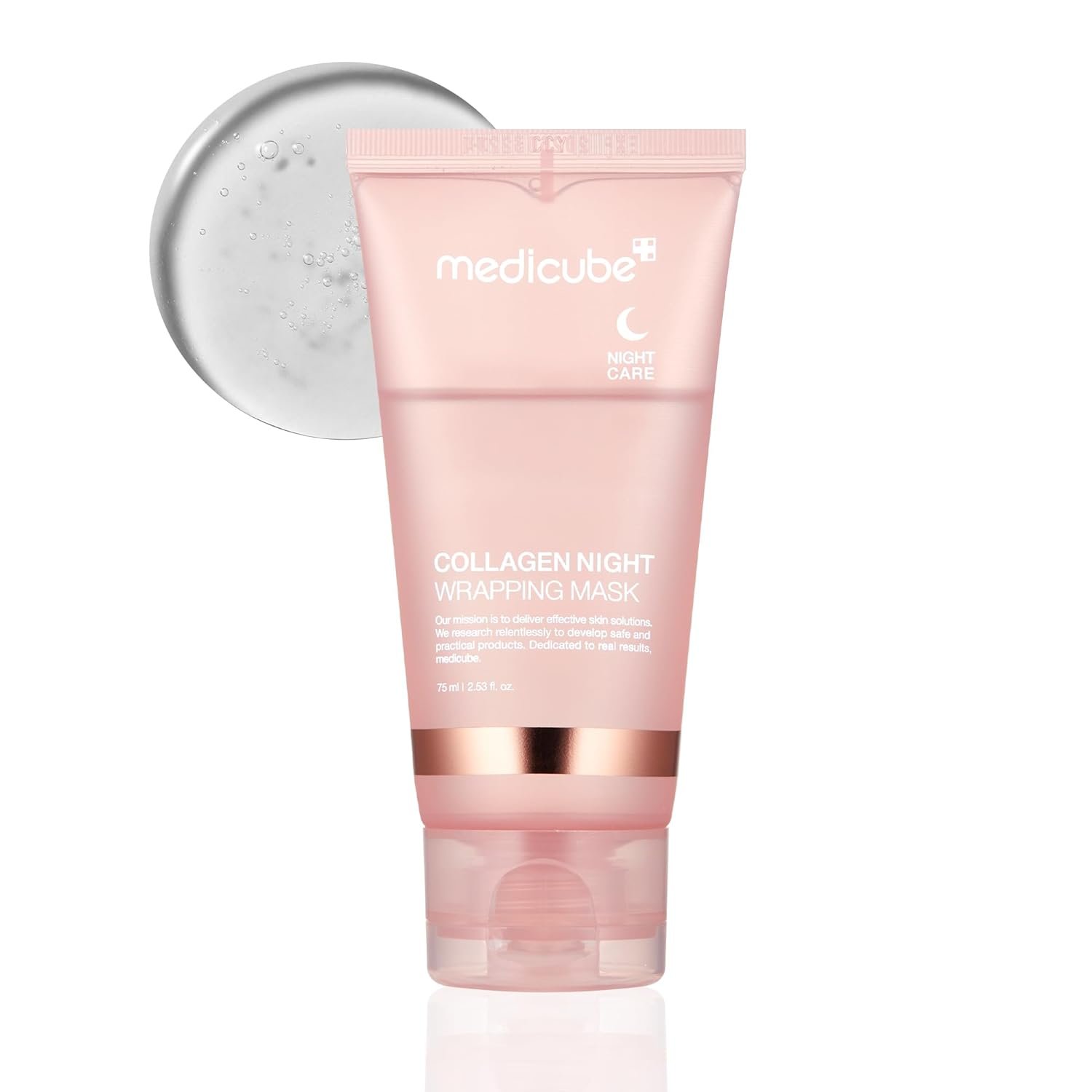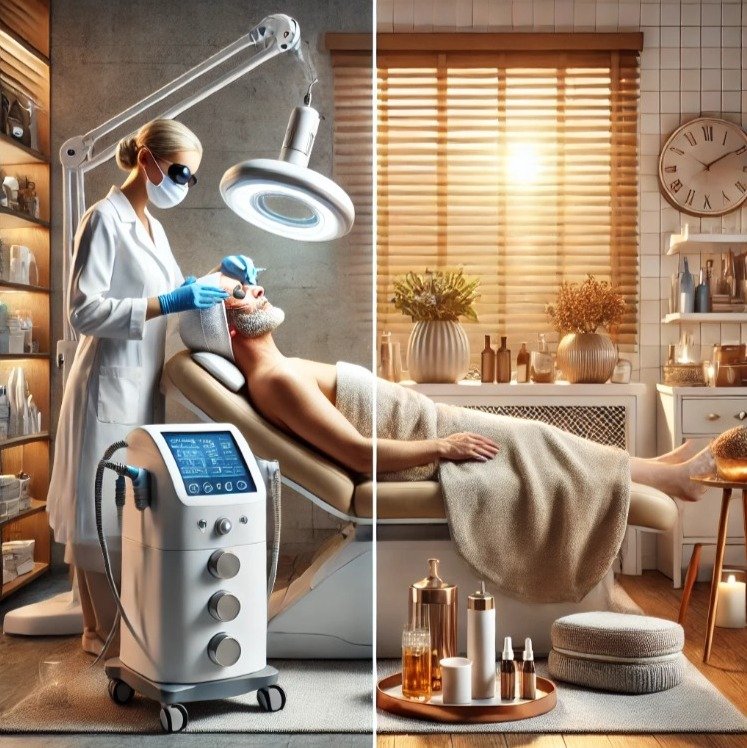Exosomes in Skincare: The Future of Anti-Aging or Just Another Buzzword?
When it comes to skincare, we’re always on the lookout for the next big thing that promises to turn back time. Enter exosomes—a buzzworthy, science-driven innovation that has captured the attention of dermatologists, estheticians, and skincare enthusiasts alike. With the promise of advanced anti-aging benefits and skin regeneration, exosomes are making waves. But what exactly are they, and do they live up to the hype? Let's break it down.
What Are Exosomes?
Exosomes are tiny vesicles, about 30 to 150 nanometers in size, produced by cells to communicate with other cells. Think of them as biological messengers packed with a cocktail of proteins, lipids, and nucleic acids. They play a crucial role in cell-to-cell communication, delivering molecules that can influence how cells behave. Because of this, they are gaining attention in the world of regenerative medicine and, now, skincare.
In skincare, exosomes are used as a delivery system rather than an ingredient. Due to their lipid-coated structure, exosomes can penetrate the skin more effectively, allowing the active ingredients they carry—like growth factors, peptides, and even antioxidants—to absorb better and perform more efficiently.
How Are Exosomes Different from PRP and Stem Cells?
Exosomes are often confused with stem cells or platelet-rich plasma (PRP), but they are quite different. While PRP involves using the patient's blood platelets to accelerate healing, exosomes are derived from stem cells in a lab and are used to enhance the skin's regenerative capabilities. Unlike stem cells, exosomes do not contain cellular material but instead are tiny packets filled with signals that promote healing and regeneration.
Stem cells are capable of becoming multiple cell types and self-renewing, but when taken out of their natural environment, they lose much of this capability. Exosomes, on the other hand, can still deliver potent regenerative benefits without the complexities associated with handling live cells.
Benefits of Exosomes in Skincare
Exosomes are celebrated for their ability to:
Enhance Collagen Production: By delivering growth factors and proteins that stimulate collagen production, exosomes can help to firm the skin and reduce the appearance of fine lines and wrinkles.
Improve Skin Elasticity and Hydration: Exosomes can aid in skin regeneration, improving elasticity and hydration, which is crucial for youthful-looking skin.
Accelerate Wound Healing: Similar to PRP, exosomes have been shown to enhance wound healing. This makes them an excellent option post-treatment, such as microneedling or laser procedures.
Reduce Inflammation: Due to their ability to communicate with skin cells, exosomes can help calm inflammation, making them suitable for sensitive skin or those dealing with conditions like rosacea.
Exosome Products and Treatments: What to Expect
Exosome-based skincare products and treatments are becoming more prevalent in dermatologist offices and med spas. Typically, they are used in conjunction with treatments that create microchannels in the skin, such as microneedling or laser resurfacing, to enhance absorption and efficacy.
Eloi Infinity Exosome Regenerative Serum: This serum is designed to be used after in-office treatments to accelerate healing and improve overall skin texture. It contains human stem cells derived from umbilical cords, along with other powerful ingredients like Vitamin C derivatives and copper peptides.
Plated Intense Serum: Utilizing platelet-derived technology similar to PRP, this serum combines human platelets and exosomes to target wrinkles, dark spots, and redness. It's designed to be versatile for various skin concerns beyond just wound healing.
The Controversy and Regulation of Exosomes in Skincare
While exosomes show promise in the field of regenerative medicine and skincare, their use is currently in a regulatory gray zone. In the U.S., human-derived exosome products are legal for cosmetic use, but no exosome product has been FDA-approved to treat any disease. In the EU, it's illegal to provide human-derived products topically or post-procedure, which limits the types of exosomes available and their potency.
This regulatory inconsistency is due to the varying thresholds for risk acceptance worldwide. More robust, reproducible research is needed to determine the safest and most effective ways to use exosomes in skincare.
What Should You Look for in Exosome Products?
When considering exosome products, look for brands that provide clinical trial data and transparent information about their sourcing and formulation. Be wary of terms like "medical grade," as they are often marketing buzzwords without regulated standards. Also, remember that exosomes should ideally be used in conjunction with in-office treatments that create pathways for deeper absorption, such as microneedling.
Final Thoughts
Exosomes represent a fascinating frontier in skincare and regenerative medicine, offering the potential for significant anti-aging and healing benefits. However, as with any emerging technology, it's crucial to approach them with informed caution. While the science is promising, it’s essential to keep an eye on ongoing research and regulatory developments to understand how best to harness the power of exosomes for your skin.
References.
Read More From The Skin Sophisticate







